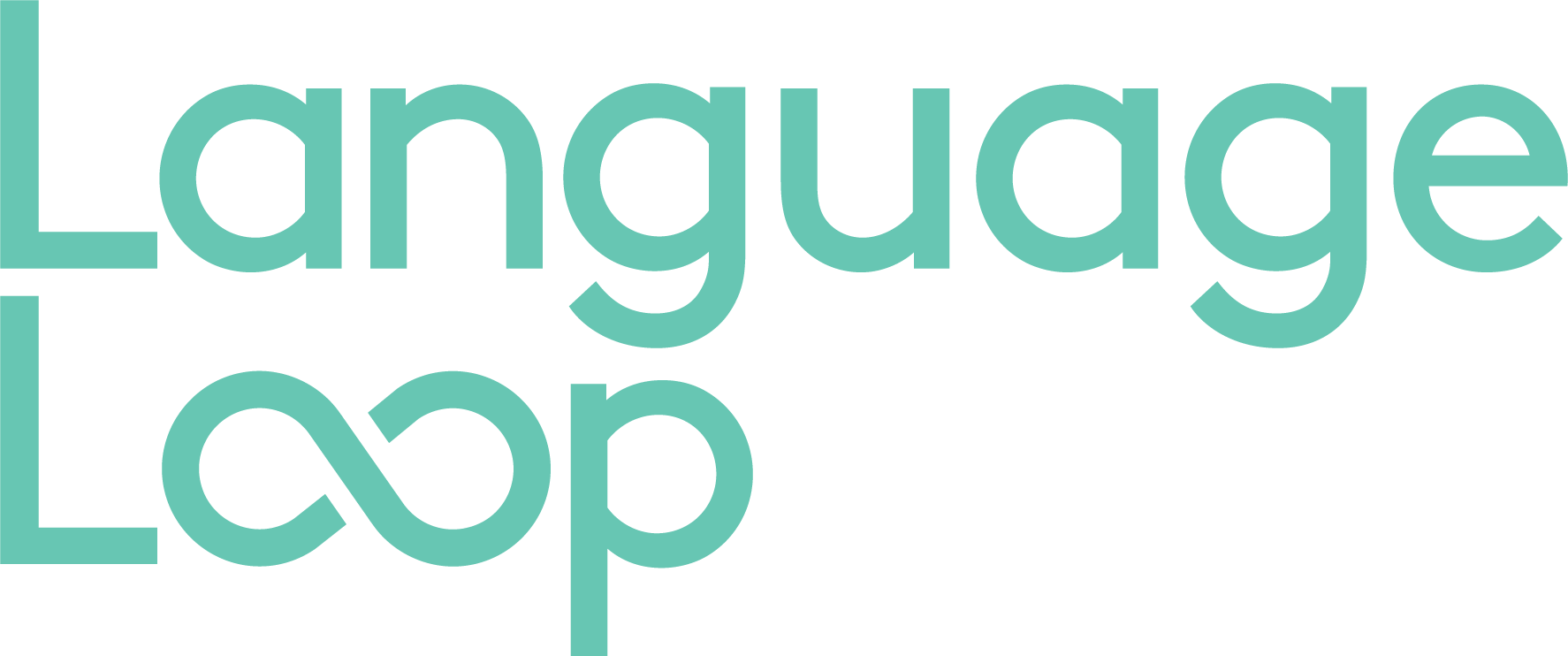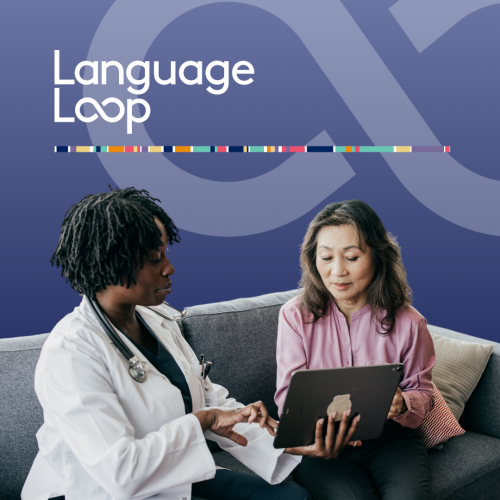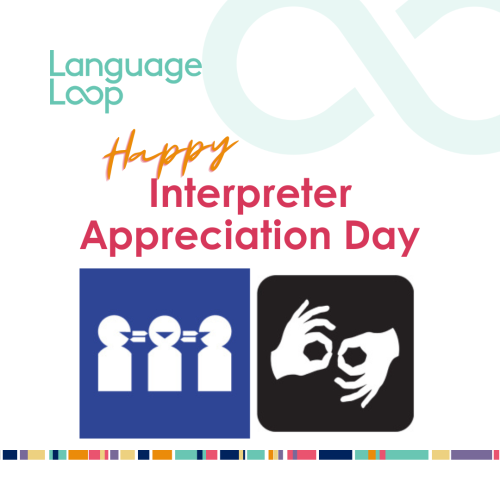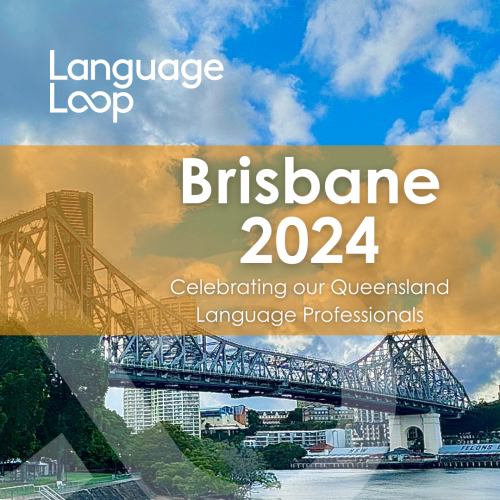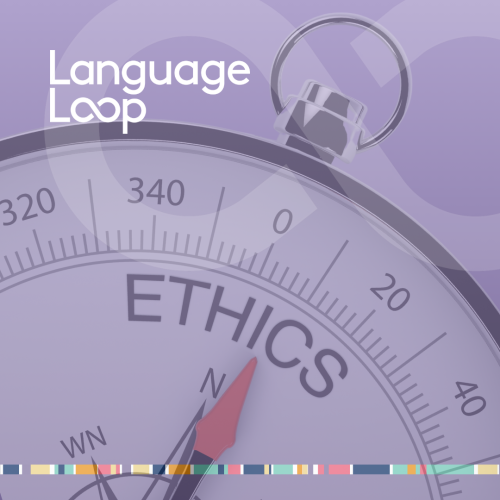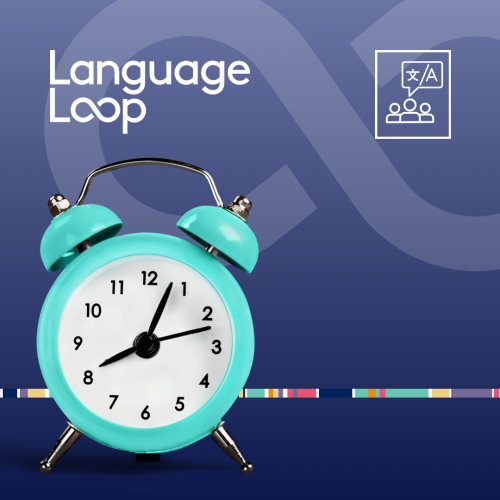Australia is a multicultural nation. Interpreters are a vital part of the healthcare team that ensures equitable access and effective patient-provider communication. This post explores the significance of incorporating language experts into healthcare settings and the positive impacts on patient care.
Understanding the Need: Australia’s multicultural society brings diverse languages and cultures. This diversity poses a unique challenge for healthcare providers: How do they communicate effectively with patients with limited English proficiency?
Miscommunication in healthcare can lead to misdiagnosis, inappropriate treatments, and increased health risks. Interpreters and translators are critical in bridging the communication gap and fostering a clearer understanding between healthcare providers and their patients.
Not only that, but by employing a language professional, the family and those who support a patient can focus on their support role rather than being burdened with an interpretation role that they may well lack the skills, vocabulary, and language competence to deliver.
Benefits of Working with Professional Interpreters and Translators:
- Enhanced Communication: Professional interpreters are skilled in conveying medical terminologies accurately, ensuring that both patient and healthcare provider understand each other clearly. This empowers the patient to make informed decisions.
- Cultural Competence: Interpreters often bring cultural insights that can help healthcare providers understand and respect a patient’s cultural beliefs and practices, which is crucial for patient-centred care.
- Improved Patient Outcomes: Clear communication leads to better diagnoses and treatment plans, which improve health outcomes and patient satisfaction.
- Legal and Ethical Compliance: Working with professional interpreters helps healthcare organisations comply with legal obligations to provide equitable care and avoid potential miscommunication-related liabilities.
Choosing the Right Language Service Provider
Selecting the right Language Service Provider is key. Here are some tips:
- Certification and Training: Ensure you choose a provider that employs NAATI-certified interpreters with specific medical interpretation training.
- Language and Dialect Proficiency: They should be proficient in the patient’s language and dialect.
- Understanding of Medical Terminology: A good interpreter should have a strong grasp of medical terms in both languages.
- Cultural Sensitivity: They should be culturally sensitive and aware of the nuances that might impact the patient’s healthcare experience.
Incorporating professional interpreters and translators in healthcare settings is more than just a service; it’s a vital component of quality care for multicultural patients. LanguageLoop is committed to facilitating effective and empathetic communication and stands at the forefront of this initiative. By leveraging our expertise in language services, healthcare providers can ensure that all patients, regardless of their language background, receive the care and understanding they deserve.
Are you a healthcare provider looking to enhance your communication with multicultural patients? Contact LanguageLoop today. Our team of certified interpreters and translators are ready to support you in delivering compassionate and effective healthcare.
